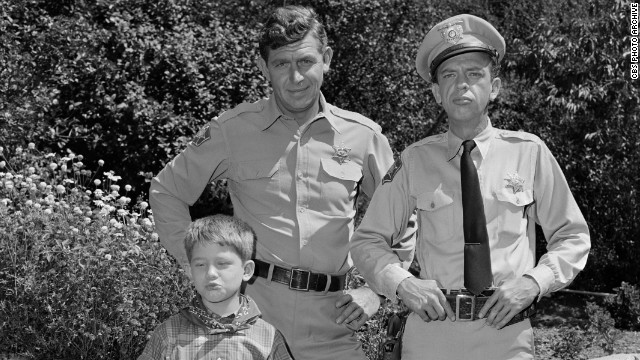What is the process for creating a will?
A will is generally prepared in consultation with a lawyer who prepares a draft that is reviewed with the client and when all questions are resolved the final draft is executed in the presence of a lawyer, two disinterested witnesses (generally the lawyer’s staff) along with a notary to sign the self-proving affidavit.
What do I need to bring to my attorney?
The lawyer would generally need to see any existing will you may have along with a financial statement or list of assets and their estimated values. Sometimes the lawyer will ask a client to complete an estate planning questionnaire prior to the meeting.
How much does a will cost?
Again, all wills are not alike. Some have trust provisions for the benefit of minor children or disabled beneficiaries or to provide for tax planning if the client has a taxable estate for federal income tax purposes [i.e., when you have dependents that cannot manage a bank account, or if you have a lot of money, estate planning gets more complicated]. As a consequence, the cost of a will varies in relation to its complexity however one can expect to pay from $400 to over $3,000 or so for a will. Generally one will also want to consider a will for one’s spouse along with powers of attorney for health care and financial purposes, a directive to physicians (living will) and a HIPAA waiver to permit family members to access your medical records [it is important to let your family members, know when enough is enough before you become ill]. These ancillary documents will add to the cost a bit.
Where should you keep your will?
The short answer is where your executor can find it because the original will must be submitted to probate. [Which means, you need to tell the person that he/she is your executor and let him/her know where your will is]. A copy will not suffice since the presumption is that if the original cannot be located the decedent [dead person] revoked it by destroying it. A safe deposit box is a good place to keep your will.
Should you show your will to your children?
Most people do but there are reasons not to. Some children may be offended if they are not being treated equally in the will or if they disagree with the selection of the executor or trustee. It also makes it a bit more difficult to change your will without again distributing copies [If you do show the kids, you need to let them know about changes so that there is less fighting later].
What kinds of things lead to children fighting over the will?
Children feel that they are entitled to an equal share of a parent’s estate as a matter of right. Of course, a parent is entitled to disinherit a child for any reason or no reason. A parent who leaves his or her estate to a surviving spouse where there are children by a prior marriage can certainly cause dissention [e.g. Anna Nicole Smith] as can large gifts to charity that reduce a child’s inheritance can cause problems. Finally, a child whose inheritance is placed in trust controlled by a third party trustee can also result in litigation.












